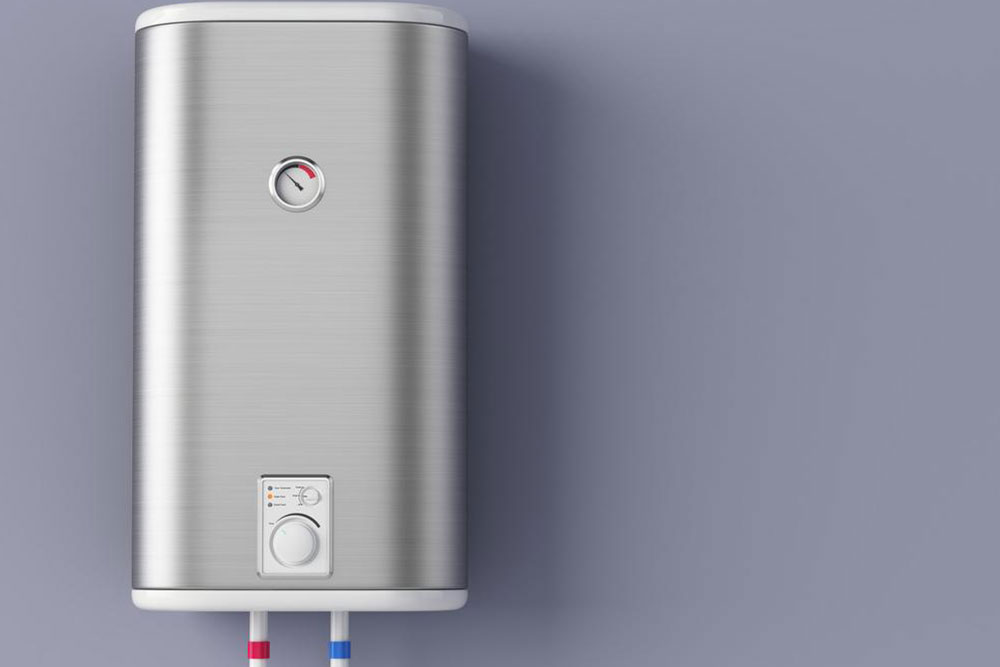A buyer’s guide to tankless water heaters
If you love the idea of having hot water on demand without receiving energy bills that go through the roof, a tankless water heater is the perfect solution for you.
What is the tankless system?
These water heaters have been popular in Europe and Japan for a while. They provide instant hot water just when you need it, without having to wait till all the water in a storage tank gets heated.

This means that you use just the right amount of hot water. Tankless systems eliminate the problem of “standby heat loss” increasing the energy efficiency. Since there’s no storage tank, the tankless water heater uses minimal space. It lasts longer than the storage type of water heater since there’s no risk of corrosion.
Is it right for your home?
If you typically use less than 40 gallons/day, which is not a very large amount, a tankless water heater is the perfect option. You can opt for a point-of-use model or a whole-house type of model. If you have a larger household and need higher quantities of water, you can also install multiple point-of-use models to cut your energy bills.
One of the issues with these systems is that the initial cost per unit is higher than the storage type. However, in the long run, they pay for themselves in the form of convenience and reduced utility bills. They give you the right amount of hot water instantly, without annoying delays.
Look at four important factors before you buy one: fuel usage, capacity/size/output, energy usage, and initial cost including installation.
Installation
Pick a reputed brand of water heaters. Professional installation is essential. This is certainly not a DIY job. You need to comply with the local building codes and safety regulations, and also factor in the climate and fuel-type. If you’ve opted for a gas-powered model, safety is a big concern. You need a trained, experienced, and licensed technician or plumbing/heating contractor to install it.
Cons of the tankless water heater
You need a prescribed flow-rate to activate the heat-exchanger, or else you could end up wasting a lot of water. A gas-powered tankless water heater can be unsafe unless all the users are familiar with the operation instructions. Hot water flow is divided between different fixtures so multiple operations are not easy. Maintenance is essential but expensive.











